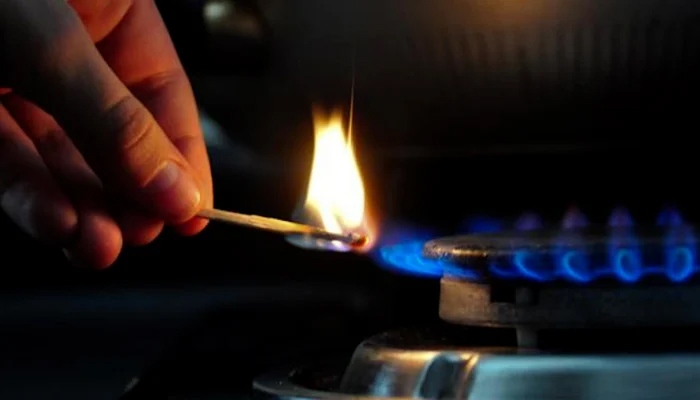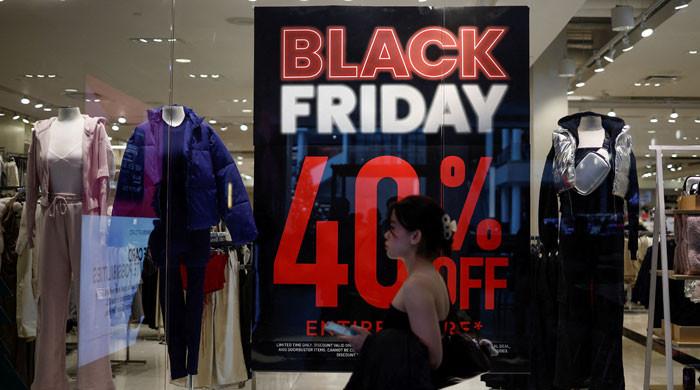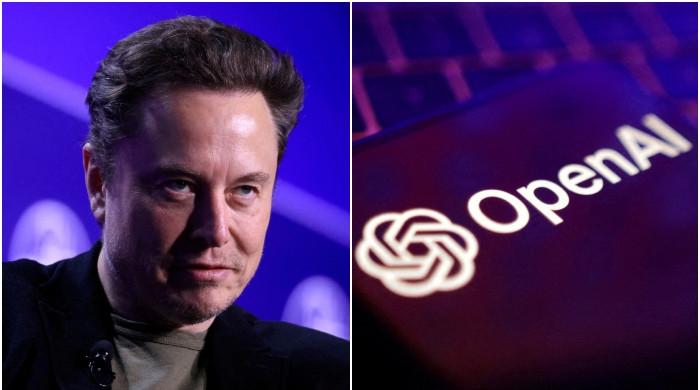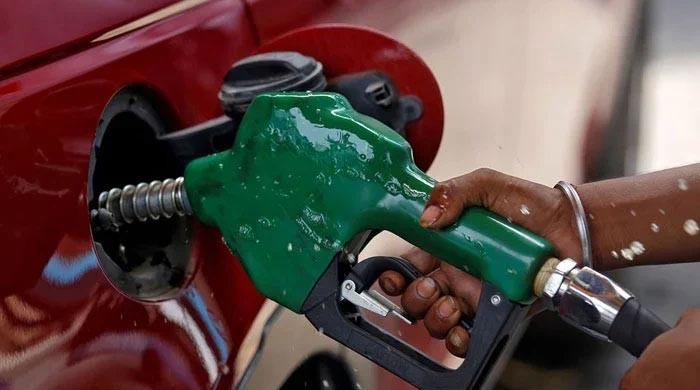IMF wants Ogra to notify gas sale prices twice a year
Global lender says government should now detach itself from tariff implementation issues
May 25, 2024

- IMF says govt should detach itself from implementation issues.
- Fund reminds to increase tariff for CPPs on par with RLNG tariff.
- Asks govt functionaries to ensure gas tariff adjustments twice a year.
ISLAMABAD: The International Monetary Fund (IMF) has asked the Pakistani authorities to empower Oil & Gas Regulatory Authority (Ogra) to notify gas sale prices on its own twice a financial year based on the determined prescribed prices, saying that the government should now detach itself from tariff implementation issues.
This step will help avoid further build-ups in the gas circular debt that increased to Rs29,000 billion, according to a The News report.
The fund also reminded government functionaries to increase the gas tariff for the Captive Power Plants on a par with the RLNG tariff till January 1, 2025, senior government officials told the publication.
“During the caretaker regime, the Economic Coordination Committee (ECC) had approved the decision under which the Ogra would be authorised to notify gas sale prices as per determined tariffs, and the government would not interfere and take 40 days to decide which kind of consumers would get subsidised tariff, keeping in view political considerations.”
Currently, the government does not extend the subsidy to any domestic consumers for using the natural gas as it is the industrial consumers or high-end domestic consumers who are giving the net cross-subsidy of Rs110 billion per annum to protected and some of non-protected consumers.
The fund also asked government functionaries to ensure gas tariff adjustments twice a year firstly from July 1 and secondly from January 1, so that the new surge in gas circular debt could not emerge further. The circular debt in the gas sector stands at Rs2.9 trillion.
During the ongoing fiscal year 2023-24, the gas tariff was increased twice first from November 1, 2023 by up to 193% and then from February 1, 2024 by up to 66.67% with the target to collect the estimated revenue of Rs920 billion against the revenue requirement of Rs701 billion.
Both the gas tariff increases were made during the caretaker regime with an aim at stopping the further build-up in the circular debt in the ongoing financial year 2023-24. The government will also recover the RLNG diversion cost of Rs232 billion in the ongoing year because of two gas tariff hikes.
However, the fund, during recent talks, continued to stress the government to ensure perpetuation in gas tariff adjustments twice every next financial year also, arguing that the failure to hike the gas tariff biannually for the last 10 years since 2013 till 2023 caused a massive buildup of Rs1 trillion in the gas circular debt.
Coming to the CPPs, the officials said the IMF wanted an increase in their gas tariff on a par with the RLNG tariff and as these plants had 30-35% efficiency and most of the CPPs were installed in the Sui Southern network, the IMF wanted all the plants to be connected with the national grid electricity.
The gas tariff for the CPPs currently stands at Rs2,750 per MMBTU. “The said plants, by using natural gas as input fuel, not only generate electricity for their industrial consumption but some of them also sell the electricity generated by the natural gas to electric power distribution companies (Discos).”
“The fund mission was also briefed on government efforts to implement the Weighted Average Gas Tariff (Wacog) formula. Government functionaries told IMF officials that it would take a long time to get the Wacog implemented as there are some constitutional hitches and the central government would have to take the provinces on board for developing the consensus owing to which it is currently not possible to implement it,” the officials said.
The fund was told that Sindh, Balochistan and KP had opposed the endeavour of the central government to enforce the Wacog, saying that it would be the negation of Article 158 of the Constitution.
Sindh is of the view that the import of RLNG is solely for the Tier-II category of natural gas consumers. Under the ring-fenced tariff arrangements and the existing Tier-I, the consumers of natural gas under the Wacog base tariff could not bear the burden of high cost of imported RLNG. And the RLNG price is ring-fenced, so the implementation of the Wacog formula is quite difficult.
Article 158 says the province where the gas is produced has the first right to use it, and the leftover gas will then be transported to the province where gas is less produced or not produced. The other federating units are of the view that they have ample gas production for their needs. They say their gas is being purchased at lower prices but being sold to them at higher prices.
Originally published in The News











